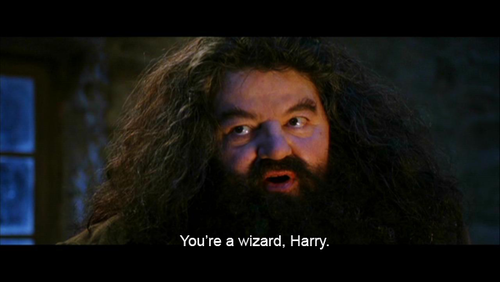Something that really caught my attention in the lecture was the idea that a story must contain truth claims, whether it be truth claims made in “a world” or “the world”. Where a documentary makes truth claims about “THE world”, fictional narratives make truth claims about “A world”-

While authors can control the truth claims they decide to make, they cannot control the interpretation of their work- similar to my post on “the gap”, the reader interprets material for themselves based on past experience and cultural knowledge, they treat the material as the object it represents, and as suggested in the lecture, “the piece has the personality, not the author”.
In my interpretation, this means that we don’t learn anything about the author through their works; we just learn about the piece. we learn about the characters, the qualities and tone of the piece, and its mood, but we cannot push these assumptions on to the author.